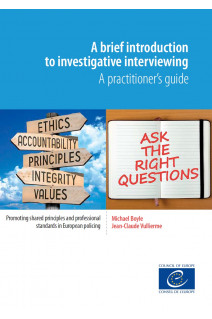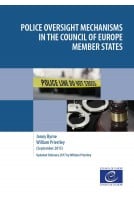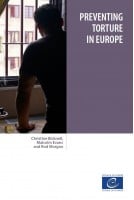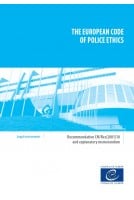Promoting shared principles and professional standards in European policing
Initiated by the Criminal Law Cooperation Unit of the Council of Europe (DG1), this brief introductory guide is primarily designed as a training tool for police officers involved in interviewing, with particular reference to the interviewing of suspects. Its fundamental aim is to promote human rights compliant practices throughout the interview phase of investigations and in so doing underlines not only the legal and moral imperatives, but also the operational effectiveness of adopting such an approach.
The guide further highlights the dangers of relying solely on unsubstantiated confessions as a means of resolving cases; emphasises the critical importance of maintaining an open mind and the presumption of innocence; presents evidence for the unreliability of using oppressive means and torture in interviewing suspects; contains practical advice for questioning suspects in ways that are most likely to elicit actionable information; and provides officers with the means to structure and plan investigative interviews effectively.
PREFACE INTRODUCTION PROFESSIONAL INTERVIEWING
Interviewing or interrogating?
The challenge to respect human rights
Upholding the law – A police officer’s duty
Human rights
The golden rule
Torture does not work
How to treat a suspect
Questioning
Reading the suspect – A word of caution
Certainty of guilt
Recording an interview
The confession
The silent suspect
Practical testing
THE INTERVIEW PROCESS
Planning
Preparation
Introduction
Account
Questions
Closure
Evaluation
CONCLUSION PRINCIPLES OF INVESTIGATIVE INTERVIEWING











